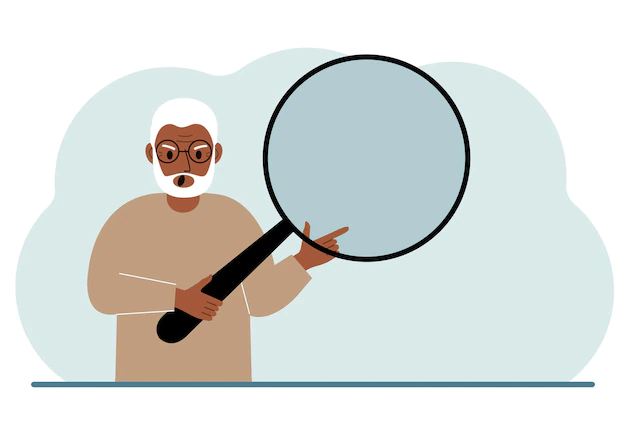Slowing the Progression of Late-Stage Age-Related Macular Degeneration

Age-related macular degeneration (AMD) is an eye disease that affects the macula, a small area near the center of the retina. As the disease progresses, central vision becomes increasingly blurry and distorted, making it difficult to perform daily tasks such as reading, driving, and recognizing faces. There is currently no cure for AMD, but there are treatments that can slow its progression and help preserve vision.
In the early stages of AMD, there may be no noticeable symptoms, but as the disease progresses, symptoms may include:
- Blurry or distorted central vision
- Need for brighter light when reading or performing close-up tasks
- Decreased color perception
- Difficulty recognizing faces
- Blank or dark areas in the central field of vision
If you experience any of these symptoms, it is important to see an eye doctor for a comprehensive eye exam. During this exam, your eye doctor will dilate your pupils and examine your retina and macula for signs of AMD.
In the later stages of AMD, called late-stage or advanced AMD, vision loss can be severe and irreversible. There are currently no treatments that can reverse this type of vision loss, but there are treatments that can slow its progression and help preserve remaining vision.
One of the most effective treatments for late-stage AMD is injections of medications called anti-VEGF drugs. These drugs block the growth of abnormal blood vessels in the eye, which can reduce swelling and prevent further damage to the macula. Anti-VEGF drugs can slow the progression of AMD and in some cases even improve vision.
Another treatment for late-stage AMD is photodynamic therapy, which uses a special drug called verteporfin that is activated by a laser to destroy abnormal blood vessels in the eye.
In addition to these treatments, there are several lifestyle changes that can help slow the progression of AMD, including:
- Eating a healthy diet that includes plenty of fruits and vegetables, especially those high in antioxidants and carotenoids
- Quitting smoking, or never starting in the first place
- Maintaining a healthy weight and staying physically active
- Protecting your eyes from harmful UV light by wearing sunglasses and a hat with a brim
- Monitoring your vision regularly and seeing an eye doctor if you notice any changes
If you have been diagnosed with AMD, it is important to work closely with your eye doctor to monitor your condition and determine the best course of treatment. With proper treatment and lifestyle changes, it is possible to slow the progression of AMD and preserve your vision.
